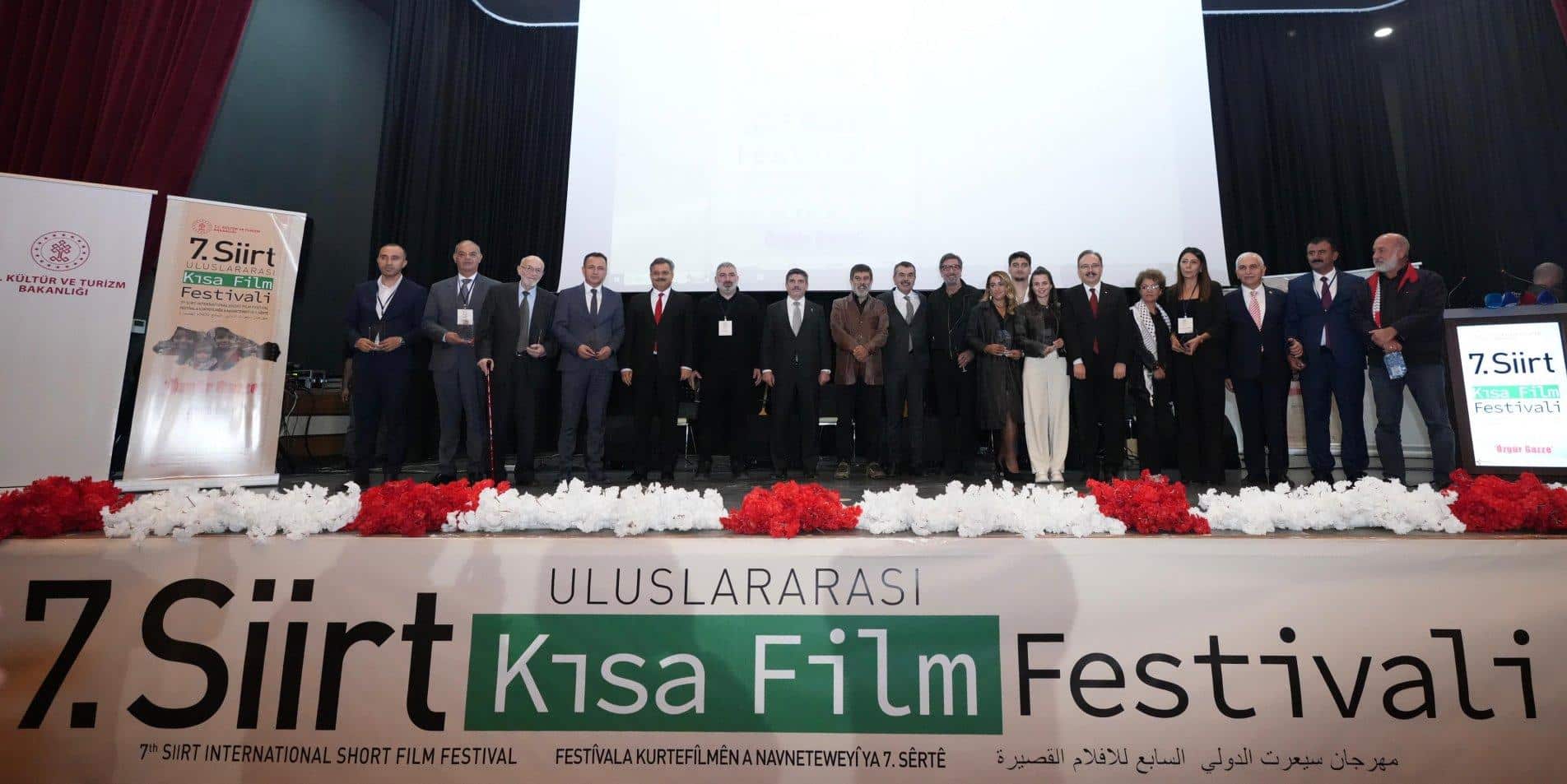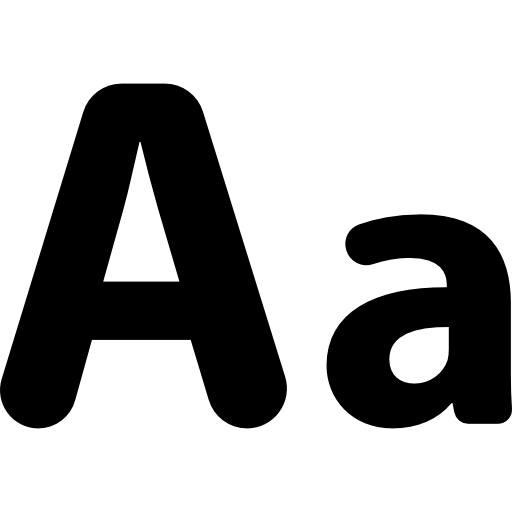Speaking at the ceremony held in the conference hall of the Provincial Directorate of National Education, Minister Tekin stated that it is not easy to make such festivals traditional and emphasized that continuing the festival with a 'Palestine' theme is very meaningful.
Minister Tekin continued his remarks: "On this occasion, I wish Allah's mercy upon all the leaders defending Palestine's legitimate cause, especially Ismail Haniyeh and Yahya Sinwar, as well as all our Palestinian brothers and sisters who have attained martyrdom. This is what we aimed to achieve with our curriculum and program titled 'the Century of Türkiye Education Model,' which we announced in May as the Ministry. We want to raise a generation that will defend their country's independence, freedom, democracy, and rule of law, even at the cost of their lives when these are threatened. We inherited this commitment from our ancestors, and we desire that future generations-our children and grandchildren-grow up with this awareness and consciousness. Last year, when the attacks began on October 7, we started the following Monday with a moment of silence in our schools to honor our brothers and sisters in Palestine who suffered oppression and were martyred. This year, when schools opened on September 9, we began with a first lesson event themed 'Independence from Gallipoli to Gaza.'"
Minister Tekin stated that despite the criticism from a very small group of people while holding these events, the entire Turkish people supported the legitimate cause of Palestine, both through the events held and with their prayers and financial support.
Emphasizing that standing by the oppressed, no matter where they are in the world, is a state tradition for them, Tekin stated: "Prof. Dr. Yasin Aktay mentioned only 255 films with the theme of the Holocaust over a period of about a century, and when these films were first made and released, we also had the impression that the Jews were being oppressed and victimized in this sense. However, after a century has passed, we understand today that these films contain typical messages and illusions. I would like to draw attention to another issue: I see that the virtual series platforms that perhaps we all follow, which are very common now, are working on different narratives these days. To avoid saying that it was like that after a century has passed, I would like to highlight this while discussing such a theme at this film festival, with so many artists present. I think that we are currently in another process where we are experiencing the illusions found in Holocaust films from a century ago. That is, very subtly shocking films and series are being made on these platforms about religious beliefs and creeds. I won't mention their names to avoid advertising, but I can name at least ten right now. Moreover, there are series that will distort the stories found in sacred religions. I don't know if our artist friends here will make counter-narratives or anti-films regarding this, but I wanted to draw attention to it to avoid falling into the trap of the Holocaust."
International Texts Should Be Reopened for Discussion
Minister of National Education Tekin stated that while Israel is brutally attacking Palestine, organizations responsible for protecting international law and human rights either do not take the foundational texts that reference them seriously or there is a problem in the formulation of those texts.
Tekin concluded his speech by stating, "If international organizations do not take these texts seriously, then those organizations are hypocritical. If they do consider these international texts, as they explain to us, then there is a problem with those texts. What I would like to bring to discussion is that all the international texts that organizations, especially the Universal Declaration of Human Rights, claim to have constructed to protect peace and law are texts that were allegedly made by consensus when the Islamic world and the East were at their weakest.
I believe these international texts should be reformulated and re-discussed to include the societies we live in, particularly Islamic societies, and the reference values and social values of Eastern societies that need to be protected. I wanted to repeat this here once again because it is an organization that involves a university."
At the festival, where 293 short films competed, Reza Mohammadi won the Best Short Film award for his film 'The Chair.' Büşra Baran and Feyzi Baran secured second place with 'Dilek Kutusu,' while Şeyhmus Abik took third place with 'Çare.'
The Siirt-Gaza Brotherhood Award was presented to Zahra Arab for her film 'No Cut.' Later, the winners were presented with their awards.






























